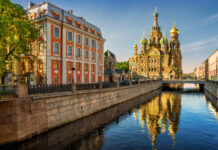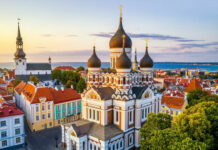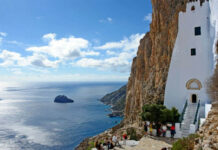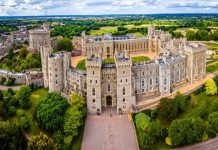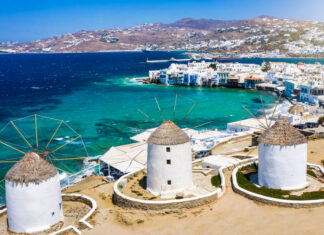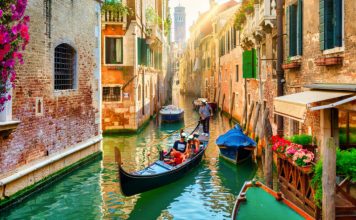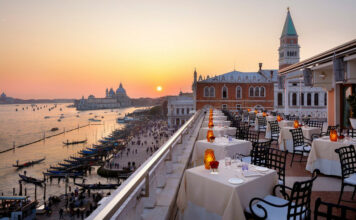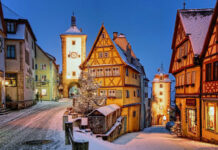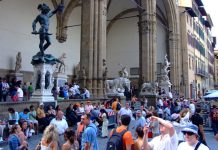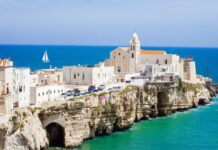Birthplace of Democracy
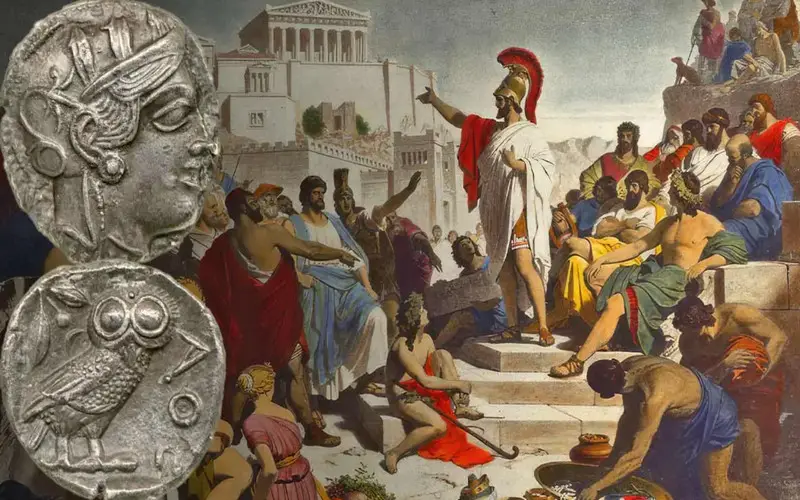
In the 5th century BC, Athens established the world’s first democracy, laying the groundwork for modern governance. The Athenian democracy, pioneered by statesmen like Cleisthenes and Pericles, allowed citizens to participate in decision-making processes and shaped the principles of freedom and equality that continue to resonate today.
The Olympic Games
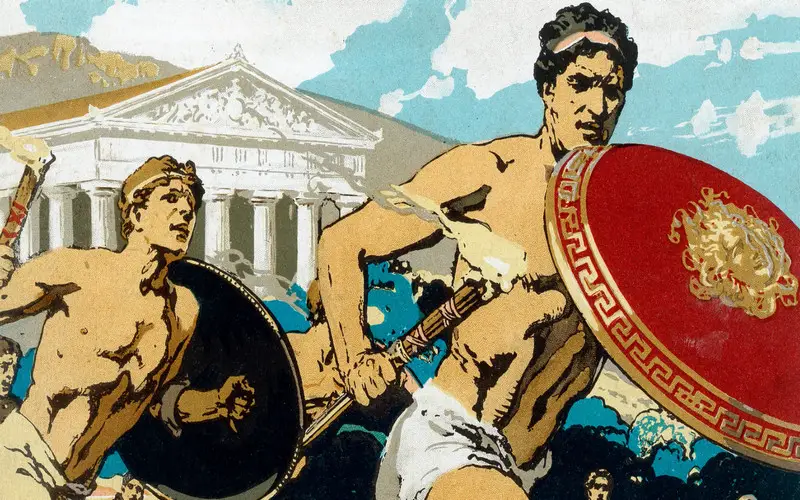
The ancient Olympic Games, held in Olympia from 776 BC to 393 AD, were more than just athletic competitions – they were a celebration of Greek culture, religion, and unity. Athletes from across the Greek world gathered to compete in events like running, wrestling, and chariot racing, fostering camaraderie and mutual respect among city-states.
The Golden Age of Pericles
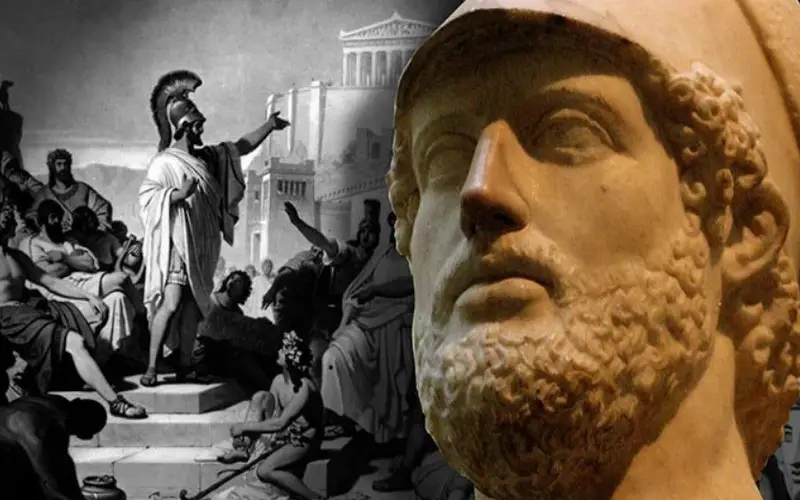
Under the leadership of Pericles in the 5th century BC, Athens experienced a golden age of unprecedented cultural and intellectual flourishing. The Parthenon, a masterpiece of classical architecture, was built atop the Acropolis, while renowned philosophers like Socrates, Plato, and Aristotle laid the foundations of Western philosophy.
The Alexander the Great

Born in 356 BC in the kingdom of Macedon, Alexander the Great embarked on a conquest that would reshape the world. By the age of 30, he had forged one of the largest empires in history, stretching from Greece to Egypt to India. His legacy as a military genius, visionary leader, and patron of learning endures to this day.
The Hellenistic Period
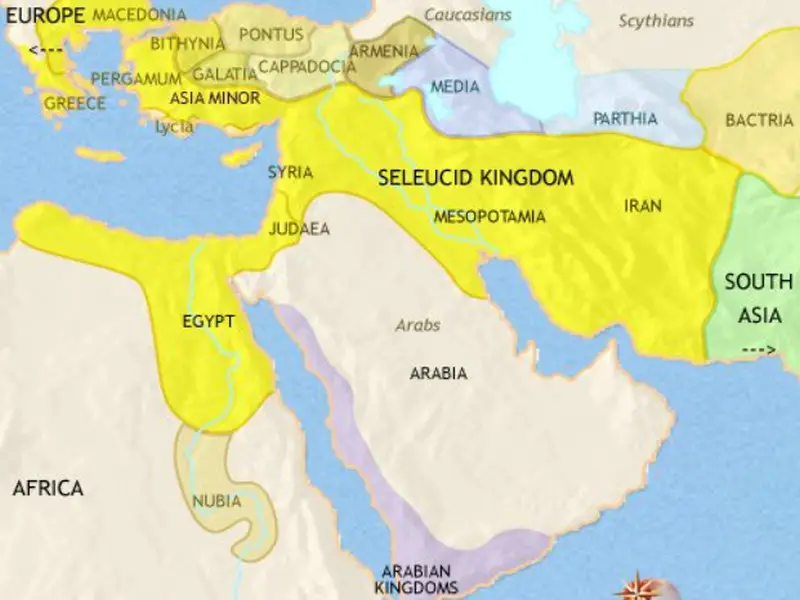
Following Alexander’s death in 323 BC, his empire was divided among his generals, ushering in the Hellenistic period. Greek culture, art, and philosophy spread throughout the Mediterranean and beyond, blending with indigenous traditions to create vibrant new civilizations in places like Egypt, Syria, and Persia.
The Byzantine Empire
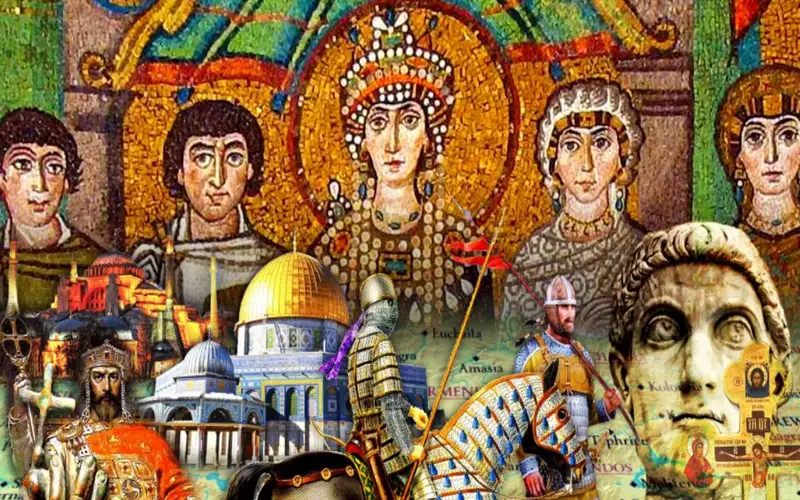
After the fall of the Western Roman Empire in 476 AD, the eastern half, known as the Byzantine Empire, endured for another thousand years. Centered on Constantinople (modern-day Istanbul), it preserved and expanded upon Greek and Roman traditions, serving as a bastion of Christian civilization in the face of external threats.


